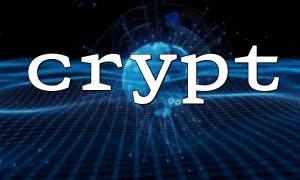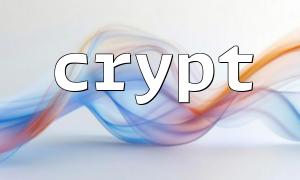In PHP, the crypt() function is used to encrypt strings in one-way hashing, which is often used for storing and verifying passwords. Although its usage is roughly the same on different platforms, the results returned by crypt() are often different on different operating systems, especially Windows and Linux. This difference confuses many developers. This article will analyze the reasons in depth and give solutions.
crypt() is an interface function, and the underlying implementation depends on the encryption algorithm provided by the operating system. It usually supports a variety of encryption algorithms, including DES, MD5, SHA-256, SHA-512, etc. The specific support depends on the operating system and PHP version.
Call format example:
$hash = crypt('mypassword', '$6$rounds=5000$usesomesillystringforsalt$');
The second parameter here is salt, which determines the encryption algorithm and encryption strength.
Linux usually uses crypt() implementation based on glibc (GNU C Library), supporting a variety of modern hashing algorithms (such as SHA-256, SHA-512, etc.).
Windows does not have a built-in crypt() implementation. PHP will use a relatively basic implementation on Windows, which usually only supports traditional DES or MD5 algorithms, and has relatively limited encryption methods.
This results in the corresponding hash being generated correctly when using SHA-512 salt parameters on Linux, while Windows may not recognize this salt format, and the return result will be different.
Different PHP versions may optimize and supplement the support of crypt() , but the underlying layer still depends on the system library. PHP under Windows usually can only rely on internal implementations, so its performance is not as comprehensive as Linux.
Linux supports richer salt formats, such as:
$1$ means MD5
$5$ means SHA-256
$6$ means SHA-512
Windows may only recognize simple formats such as $1$ , and complex formats will be ignored, resulting in different hash results.
PHP 5.5 later introduced a more modern and unified password hash interface:
$hash = password_hash('mypassword', PASSWORD_DEFAULT);
if (password_verify('mypassword', $hash)) {
echo "Password verification succeeded";
}
It internally encapsulates cross-platform compatible implementations, avoiding the problem of inconsistent behavior of crypt() on different systems.
Try to use standard interfaces to generate salt instead of manual splicing. Manually setting salt can cause compatibility and safety risks.
If you have to use crypt() , make sure to perform testing on the target system to avoid verification failure due to hashing algorithm differences.
<?php
// Recommended use password_hash Alternative crypt
$password = 'mypassword';
$hash = password_hash($password, PASSWORD_DEFAULT);
echo "Hash result:" . $hash . PHP_EOL;
// Verify password
if (password_verify($password, $hash)) {
echo "Password verification succeeded";
} else {
echo "Password verification failed";
}
?>
This method ensures consistent performance in both Windows and Linux environments and uses a secure hashing algorithm.















